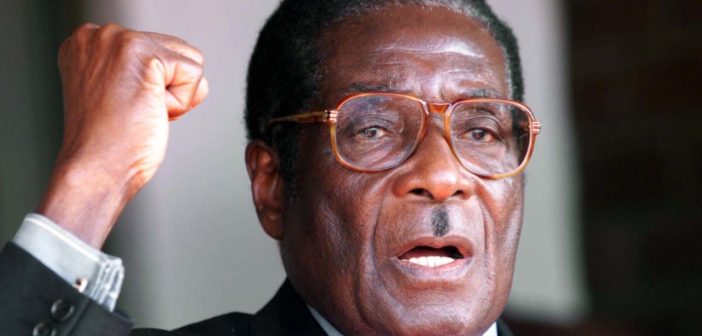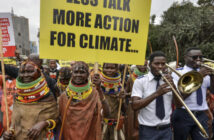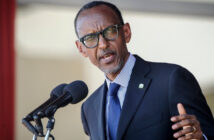Shock and criticism has continued to trail the appointment of Zimbabwe President Robert Mugabe,93, as a “goodwill ambassador” for the World Health Organization by the agency’s first African Director- General.
The United States calls it “disappointing.” The world’s oldest head of state, has long been criticized at home for going overseas for medical treatment as Zimbabwe’s once-prosperous economy becomes impoverished.
“This appointment clearly contradicts the United Nations ideals of respect for human rights and human dignity,” the State Department said.
“The decision to appoint Robert Mugabe as a WHO goodwill ambassador is deeply disappointing and wrong,” said Dr. Jeremy Farrar, director of the Wellcome Trust, a major British charitable foundation. “Robert Mugabe fails in every way to represent the values WHO should stand for.”
Ireland’s health minister, Simon Harris, called the appointment “offensive, bizarre.” ”Not the Onion,” tweeted the head of Human Rights Watch, Kenneth Roth, in a reference to the satirical news site.
With Mugabe on hand, WHO director-general Tedros Ghebreyesus of Ethiopia announced the appointment at a conference in Uruguay this week on non-communicable diseases.
Tedros, who became WHO’s first African director-general this year, said Mugabe could use the role “to influence his peers in his region” on the issue. He described Zimbabwe as “a country that places universal health coverage and health promotion at the center of its policies.” A WHO spokeswoman confirmed the comments to The Associated Press.
Two dozen organizations — including the World Heart Federation and Cancer Research U.K. — released a statement slamming the appointment, saying health officials were “shocked and deeply concerned” and citing his “long track record of human rights violations.”
The groups said they had raised their concerns with Tedros on the sidelines of the conference, to no avail.
The heads of U.N. agencies typically choose celebrities as ambassadors to draw attention to issues of concern. The choices are not subject to approval by the U.N. secretary-general or anyone else.
The ambassadors hold little actual power. They also can be fired. The comic book heroine Wonder Woman was removed from her honorary U.N. ambassador job in December following protests that a white, skimpily dressed American prone to violence wasn’t the best role model for girls.




